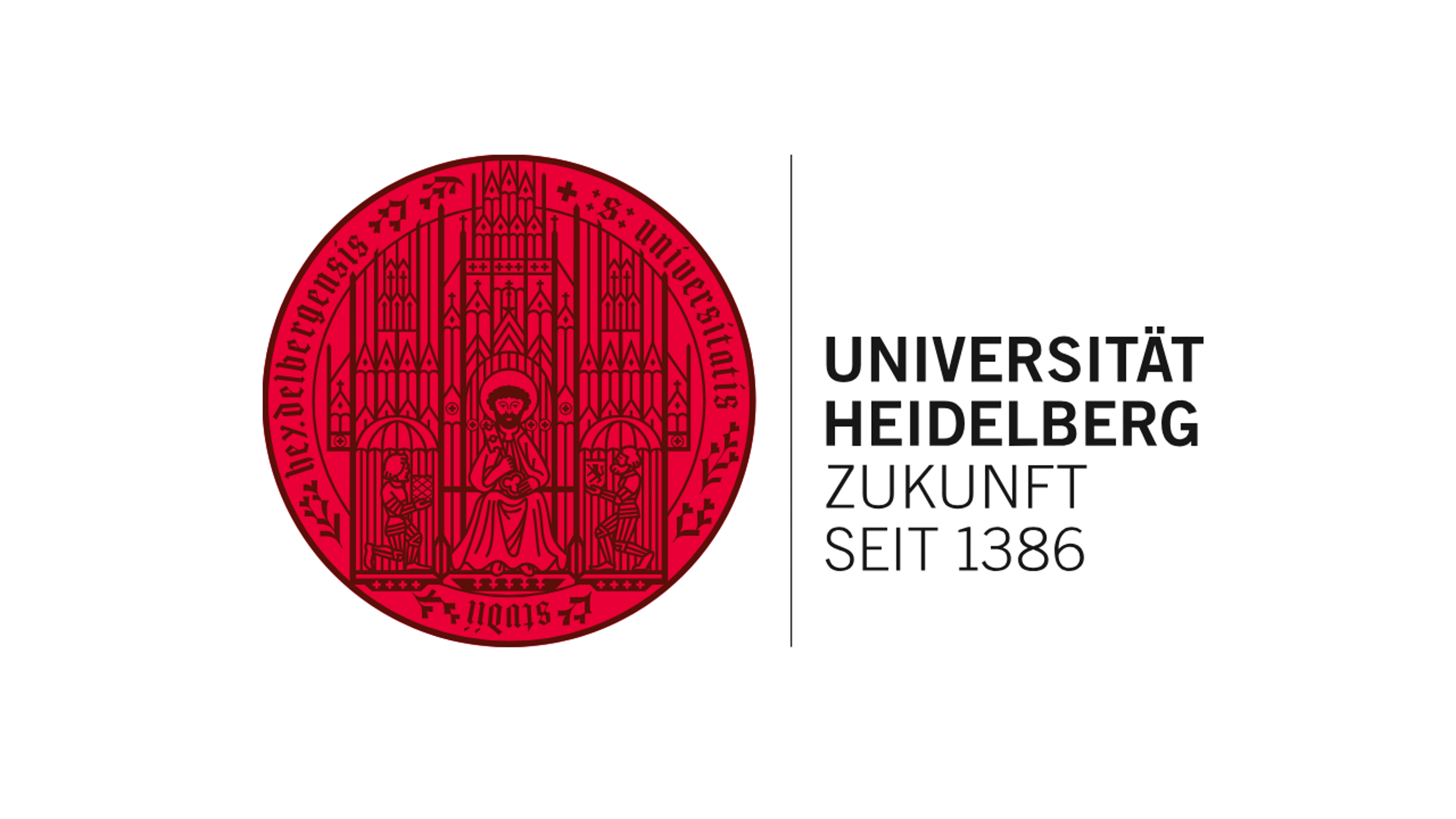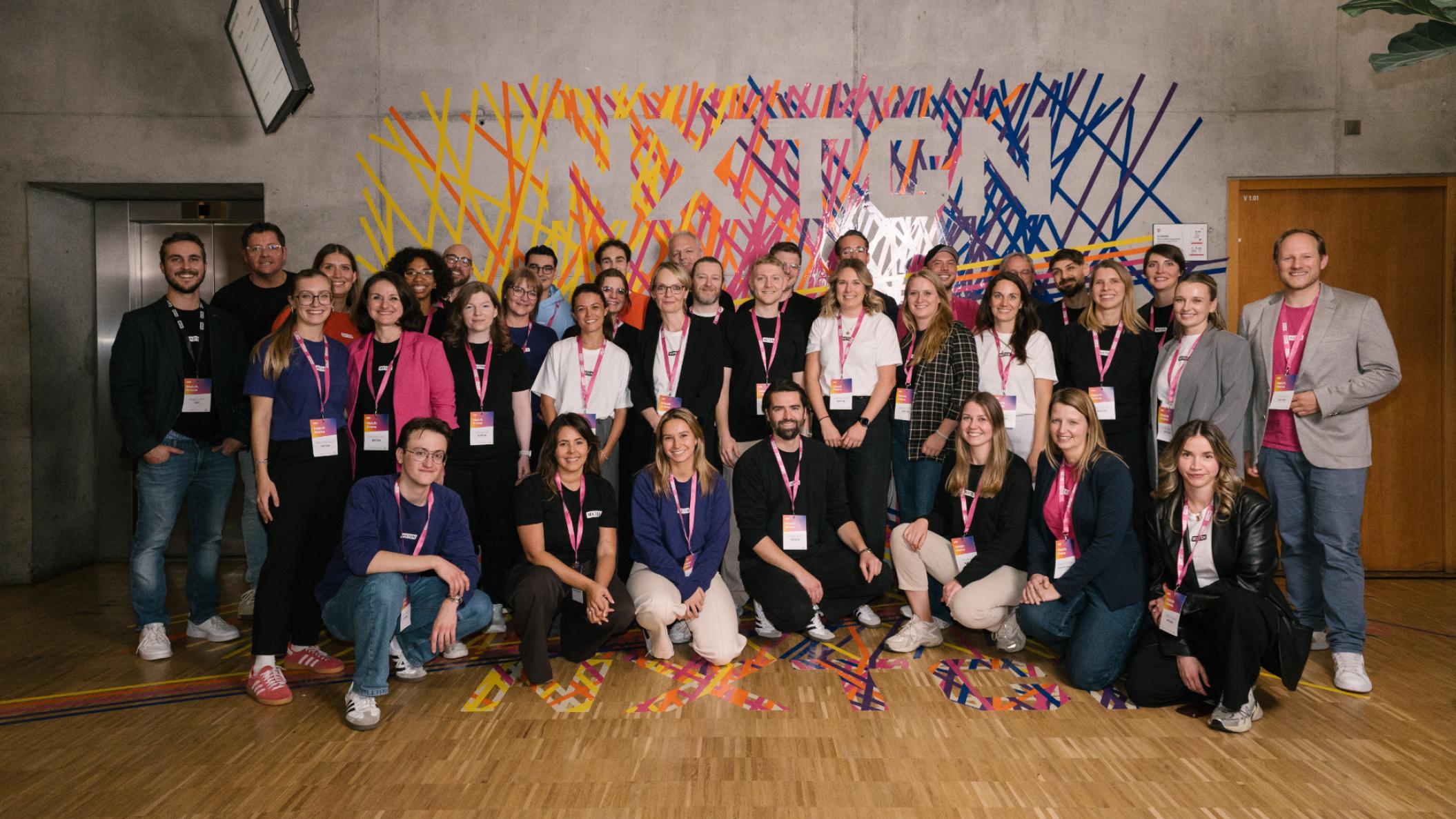New weapons against viruses

Dr. Petr Chlanda, virologist and research group leader at the Heidelberg Medical Faculty of Heidelberg University, has been awarded more than 720,000 euros in funding from the European Union for his research into new therapies against viruses. His work is part of the interdisciplinary, international DEFENDER project, which is developing innovative approaches to combat emerging and re-emerging viruses. It is being funded within the framework of Horizon Europe with a total of around 9.6 million euros. It is coordinated by the Leibniz Institute of Virology.
The COVID-19 pandemic has highlighted the immense risk potential posed by emerging and re-emerging viruses. There are neither approved vaccines nor specific therapies for many of these viruses. This is precisely where DEFENDER (IDEntification oF novel viral Entry factors aNd DevelopmEnt of antiviRal approaches) comes in: The project aims to develop new, alternative antiviral approaches in order to be prepared for future outbreaks.
Unique research approach
Using state-of-the-art technologies such as the CRISPR/Cas gene scissors, bioinformatic analyses and artificial intelligence, the scientists in the DEFENDER project aim to identify and characterize novel virus-host interaction sites as targets for antiviral therapies. On the host side, the aim is to identify new host factors that play a key role in the penetration of viruses, while on the viral side, virus structures are to be found as potential targets for therapeutic antibodies or nanobodies. The aim is to prevent viruses from entering the human body in the future.
The focus is on the discovery and development of antiviral agents for a wide range of (newly) emerging highly pathogenic viruses such as the Nipah and Lassa viruses as well as mosquito-borne viruses such as the Zika, dengue, yellow fever and chikungunya viruses.
Strengthening European pandemic preparedness
The DEFENDER project started on 1 January 2025 and is being funded by the EU Commission with a total of around 9.6 million euros over five years. It is intended to make a decisive contribution to improving European and global pandemic preparedness. Systematic research into virus-host interactions will be used to develop antiviral candidates that can be followed up in clinical trials. “This is possible thanks to the high resolution of our imaging, which can also provide information about the mechanism of action of potential new inhibitors”, says Dr Petr Chlanda, research group leader at Medical Faculty Heidelberg at Heidelberg University and researcher in the Department of Virology at the Centre for Infectiology at Heidelberg University Hospital.
Project leader Prof. Dr Stephanie Pfänder (Emerging Viruses Research Group, Leibniz Institute of Virology (LIV)) emphasises: “DEFENDER combines the expertise of leading European research institutions in the fields of virology, structural biology, genetics and bioinformatics to develop innovative, forward-looking antiviral strategies. We are convinced that we will make a significant contribution to combating future virus outbreaks.”
Heidelberg researchers contribute state-of-the-art imaging
Chlanda and his team contribute to the international research consortium with innovative imaging and image-processing methods. State-of-the-art cryo-electron microscopy and cryo-correlative light and electron microscopy are being used at Heidelberg University (HDcryoNet). Chlanda’s team hopes to use these techniques to elucidate in detail how newly emerging human RNA viruses interact with human cells. In particular, they are interested in factors on the host side that inhibit the penetration of the viruses into a human cell.
In addition to the Leibniz Institute of Virology and Heidelberg University, ten other institutions from Germany, France, England and Switzerland are involved in DEFENDER: the University of Zurich, Greifswald University Medicine, the Helmholtz Centre for Infection Research (Braunschweig), the University of Lübeck, the École Polytechnique Fédérale de Lausanne, the Liverpool School of Tropical Medicine, the Institut Pasteur (Paris), the Ruhr University Bochum, the Philipps University Marburg and the Bernhard Nocht Institute for Tropical Medicine (Hamburg).
Horizon Europe is the European Union’s framework programme for research and innovation for the 2021-2027 funding period. It aims to strengthen Europe’s competitiveness, promote cooperation between science and industry and jointly find solutions to societal problems.




